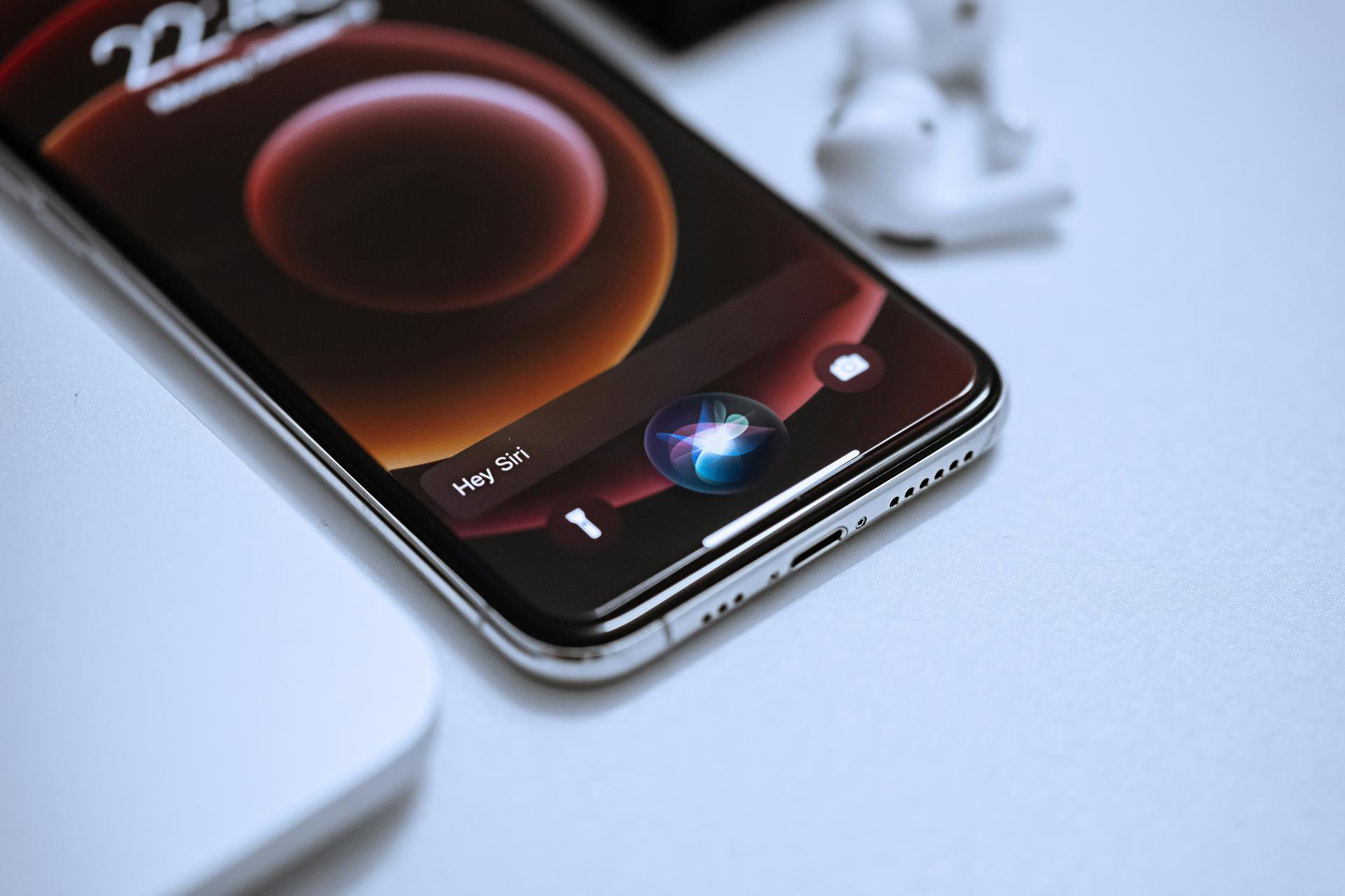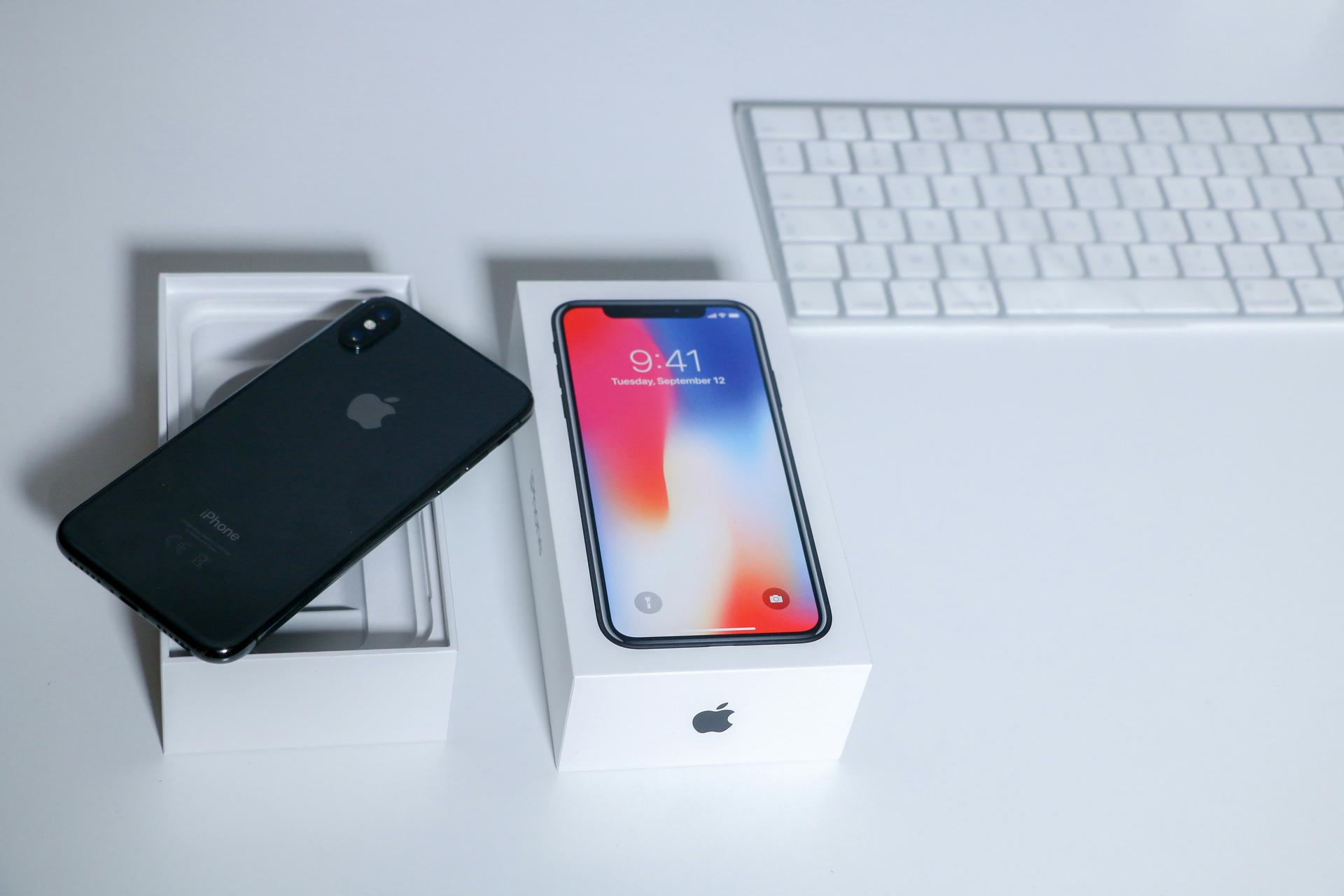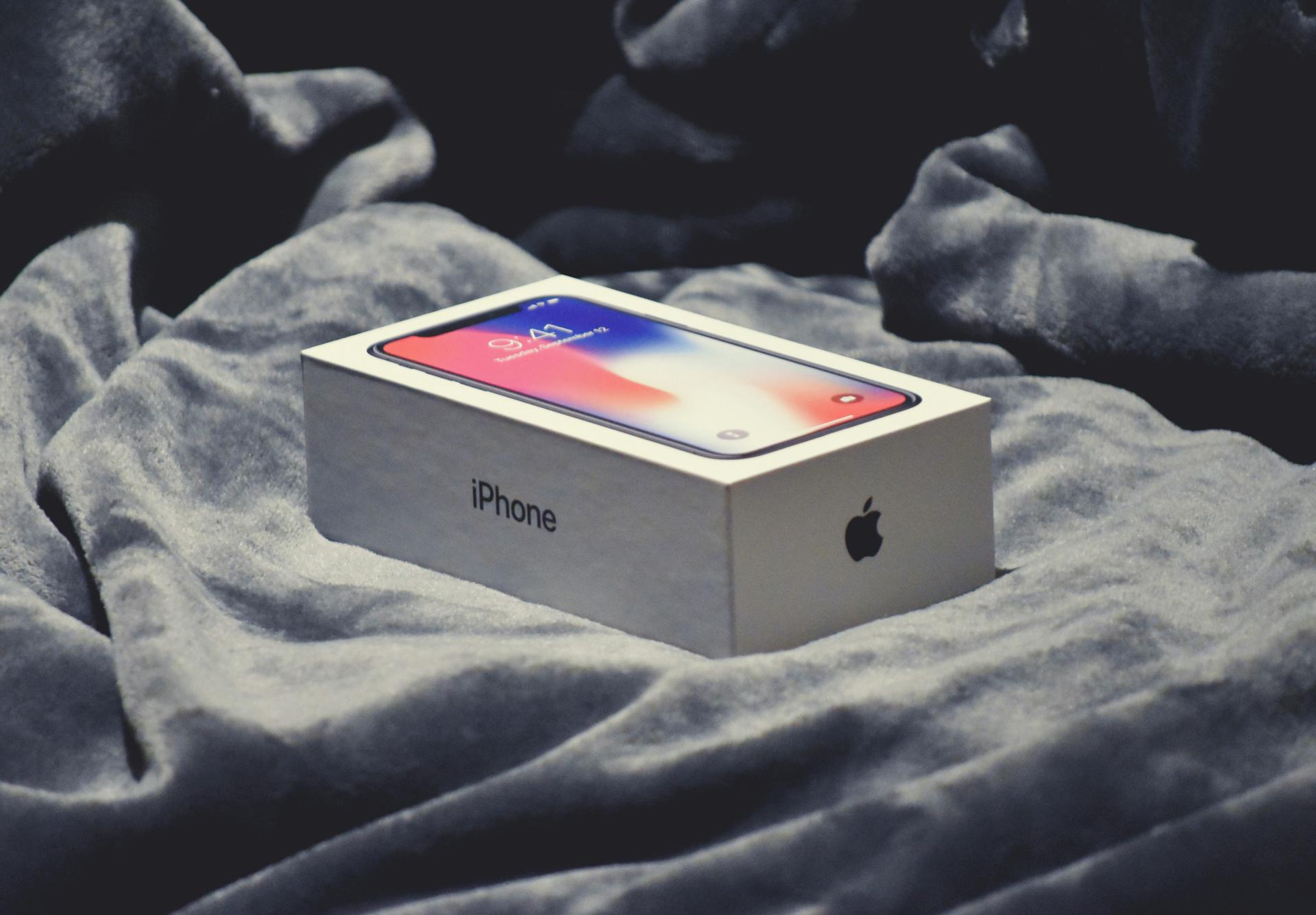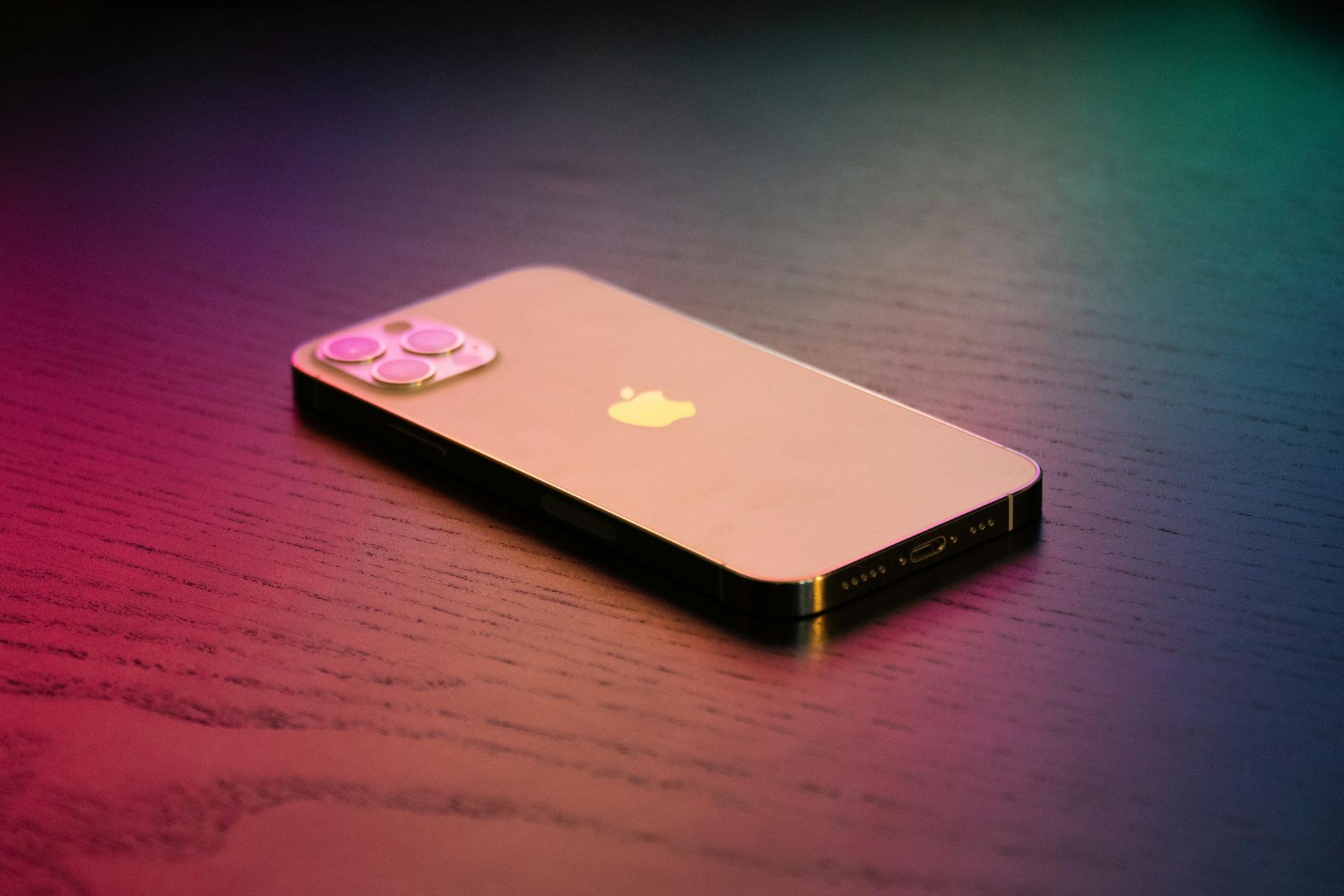Apple’s latest offering, Apple Intelligence, aims to redefine the smartphone experience – bringing AI-powered features which are supposed to enhance the smartphone experience.
But is it just a ploy to force users into upgrading their iPhones? The tech giant’s ambitious move has sparked speculation and debate.
Will AI Finally Revive iPhone Sales?

After a slump in iPhone sales, Apple is betting big on AI to reignite consumer interest and drive upgrades. Apple has decided to limit its AI features to the latest and most expensive devices.
Is it a necessary technical limitation or a strategic way to drive hardware upgrades? Can the promise of AI-powered personalization and assistance alone convince users to shell out for the latest models?
Siri’s AI Redemption Arc?

For years, Siri has been criticized for its limited capabilities. Siri is often compared to rivals like Google Assistant and Amazon Alexa.
Can Apple Intelligence breathe new life into Siri and redeem the company’s foray. The success of this endeavor could determine Siri’s future relevance in the highly competitive AI assistant market.
Is Your Old iPhone Obsolete?

By restricting AI features to the latest hardware, Apple is essentially declaring older iPhones as obsolete. This move could be seen as a way to force users into upgrading.
Users may have to upgrade even if their current devices are still functioning well. It raises questions about the longevity and future-proofing of Apple’s products.
The Generative AI Arms Race

Apple’s AI push comes amidst a broader race among tech giants to leverage generative AI for various applications. Apple Intelligence will face stiff competition.
Some of them are Google, Microsoft, and others in this rapidly evolving space. The success of Apple’s AI strategy could determine its position in the generative AI landscape.
A History of AI Experiments at Apple

From the early days of Siri to recent advancements in machine learning, Apple has been experimenting with AI for years. The previous efforts were met with mixed success.
However, Apple Intelligence represents the company’s most ambitious AI initiative to date. The experience gained from past experiments could give Apple an edge in this latest endeavor.
Will AI Become the New Selling Point?

Features like camera quality, processor speed, and design aesthetics have been key selling points for iPhones in the past. But with AI becoming increasingly prevalent, it could become the new must-have feature that convinces consumers to upgrade.
The AI factor could provide the much-needed boost to revive lagging sales and reignite consumer interest. Apple’s ability to market and position its AI capabilities effectively could be crucial.
The Democratization of AI: Apple’s Approach

S tech companies are offering AI capabilities through cloud-based services. Apple’s on-device approach aims to make AI more accessible and democratized.
This strategy could appeal to users who value privacy and local processing power. However, it also raises questions about the limitations of on-device AI compared to cloud-based solutions.
Apple’s Data Strategy in the AI Age

As AI becomes more prevalent, the question of data privacy and security takes on newfound importance. Apple’s approach to data handling and on-device processing could shape its AI strategy.
It could differentiate it from competitors who rely more heavily on cloud-based models. The company’s data strategy could be a key factor in winning over privacy-conscious consumers.
The Future of Smartphones Redefined?

Apple’s foray into AI-powered smartphones could be a pivotal moment in the tech industry. The success of Apple Intelligence will not only shape the company’s future but also set the tone for how AI is integrated into our daily lives.
The world watches to see if this AI masterstroke will redefine the smartphone experience or simply prove to be another fleeting gimmick.

